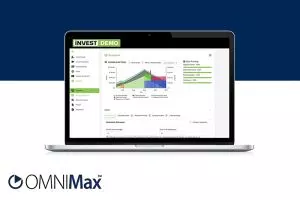Tech things just got worse - but should you worry?
Just
when it seemed things couldn't get worse for an already beleaguered
tech sector, they did just that: recent profit warnings from the
likes of Nokia, Cap Gemini, Dimension Data and, most recent of
all, Marconi, show that the market has not yet realised just how
fragile technology earnings are under deteriorating economic conditions
- con...



![[OPINION] Tax Efficiency vs. Real Returns: Are you being penny wise and pound foolish?](https://goodreturns.publit.io/file/c_fill,w_300,h_200/eb495911-87ec-46c6-9a16-6eeb5c81e7fb-9.webp)






